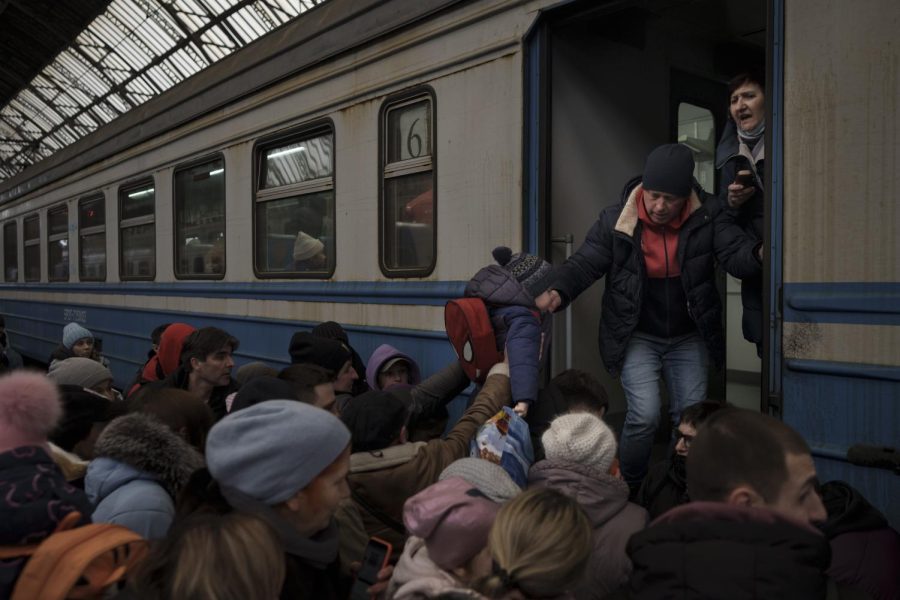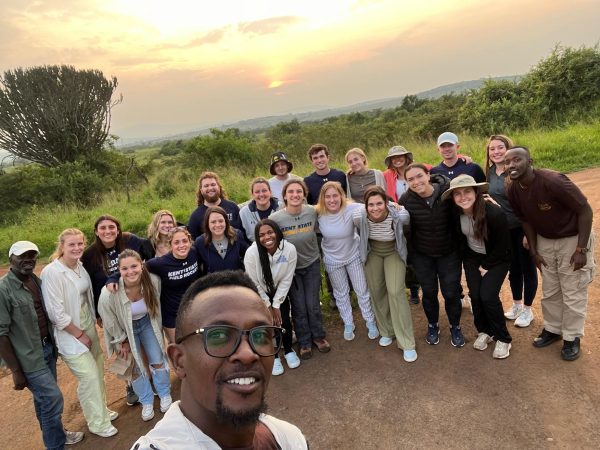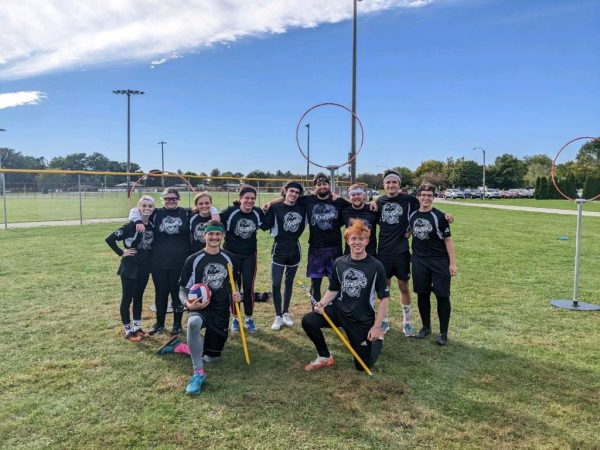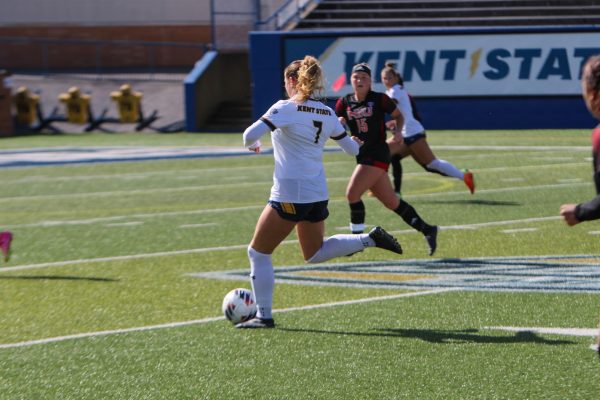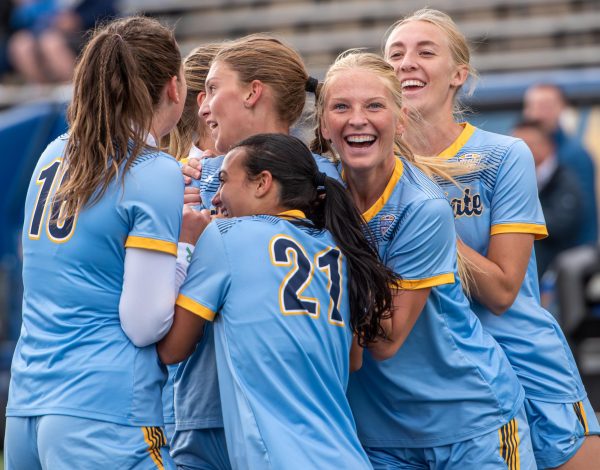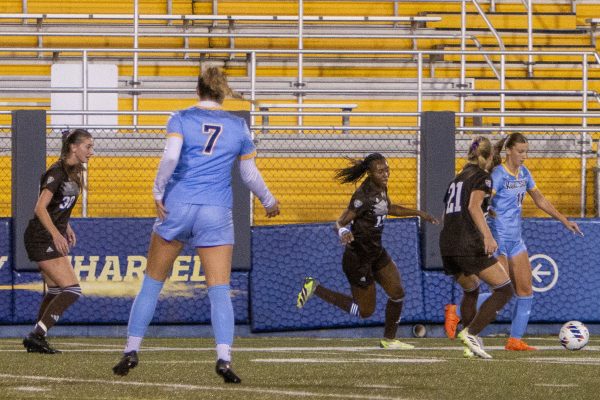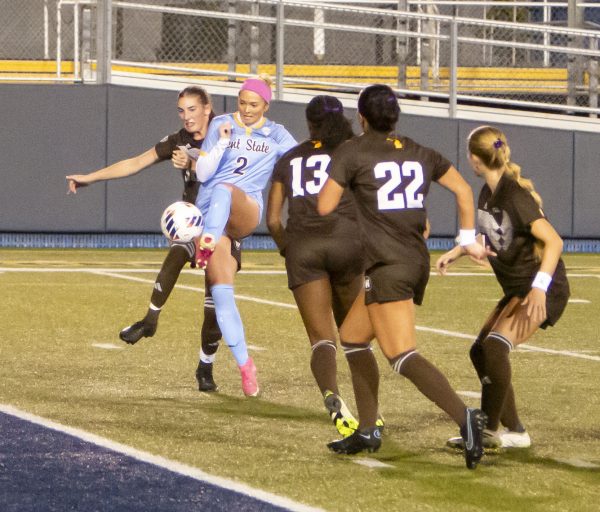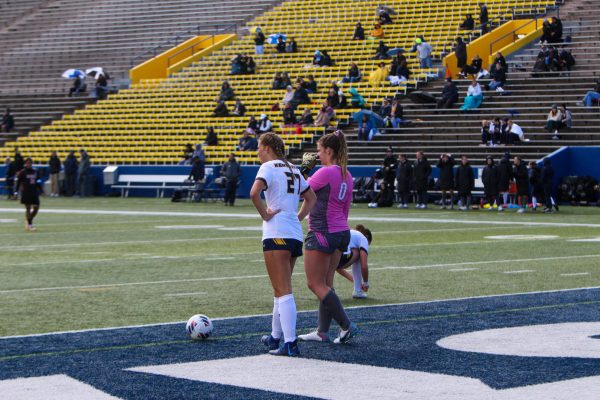Most of the world lines up against Moscow, attacks intensify
Passengers rush to board a train leaving to Slovakia from the Lviv railway station, in Lviv, west Ukraine, Wednesday, March 2, 2022. Russian forces have escalated their attacks on crowded cities in what Ukraine’s leader called a blatant campaign of terror. (AP Photo/Felipe Dana)
March 2, 2022
KYIV, Ukraine (AP) — Most of the world lined up against Moscow at the United Nations on Wednesday to demand it withdraw from Ukraine, as invading Russian forces renewed their bombardment of the country’s second-biggest city, menaced its capital and besieged its strategic ports.
Russia reported its military casualties for the first time since the invasion began last week, saying nearly 500 of its troops have been killed and almost 1,600 wounded. Ukraine did not disclose its own military losses but said more than 2,000 civilians have died, a claim that could not be independently verified.
Envoys from Ukraine and Russia are expected to meet Thursday in Belarus for a second round of talks aimed at ending the fighting. But there appeared to be little common ground between the two sides.
Seven days into Russia’s invasion, the U.N. said more than 870,000 people have fled Ukraine in a mounting refugee crisis on the European continent, while the head of the U.N. nuclear watchdog agency warned that the fighting poses a danger to Ukraine’s 15 nuclear reactors.
Rafael Grossi of the International Atomic Energy Agency noted that the war is “the first time a military conflict is happening amid the facilities of a large, established nuclear power program,” and he said he is “gravely concerned.”
“When there is a conflict ongoing, there is of course a risk of attack or the possibility of an accidental hit,” he said. Russia already has seized control of the decommissioned Chernobyl power plant, the scene in 1986 of the world’s worst nuclear disaster.
In New York, the U.N. General Assembly voted to demand that Russia stop its offensive and immediately withdraw all troops, with world powers and tiny island states alike condemning Moscow. The vote was 141 to 5, with 35 abstentions.
Assembly resolutions aren’t legally binding but can reflect and influence world opinion.
The vote came after the 193-member assembly convened its first emergency session since 1997. The only countries to vote with Russia were Belarus, Syria, North Korea and Eritrea. Cuba spoke in Moscow’s defense but ultimately abstained.
Ukraine’s U.N. Ambassador Sergiy Kyslytsya said Russian forces “have come to the Ukrainian soil, not only to kill some of us … they have come to deprive Ukraine of the very right to exist.” He added: ”The crimes are so barbaric that it is difficult to comprehend.”
A large explosion shook central Kyiv on Wednesday night in what the president’s office said was a missile strike near the capital city’s southern railway station. There was no immediate word on any deaths or injuries. Thousands of Ukrainians have been fleeing the city through the sprawling railway complex.
Russia also pounded Kharkiv, Ukraine’s second-largest city with about 1.5 million people, in another round of aerial attacks that shattered buildings and lit up the skyline with balls of fire. At least 21 people were killed and 112 injured over the past day, said Oleg Sinehubov, head of the Kharkiv regional administration.
Several Russian planes were shot down over Kharkiv, according to Oleksiy Arestovich, a top adviser to Ukrainian President Volodymyr Zelenskyy.
“Kharkiv today is the Stalingrad of the 21st century,” Arestovich said, invoking what is considered one of the most heroic episodes in Russian history, the five-month defense of the city from the Nazis during World War II.
From his basement bunker, Kharkiv Mayor Igor Terekhov told the BBC: “The city is united and we shall stand fast.’’
Russian attacks, many with missiles, blew the roof off Kharkiv’s five-story regional police building and set the top floor on fire, and also hit the intelligence headquarters and a university building, according to officials and videos and photos released by Ukraine’s State Emergency Service. Officials said residential buildings were also hit, but gave no details.
Ukraine found itself under threat on other fronts as well: A huge, 40-mile-long column of Russian tanks and other military vehicles stood outside Kyiv, and Russian invaders pressed their assault on the vital port cities of Kherson and Mariupol.
A senior U.S. defense official, speaking on condition of anonymity, said the armored column appeared to be stalled roughly 25 kilometers (16 miles) from Kyiv and had made no real progress in the last couple of days. It has been plagued with fuel and food shortages and has faced fierce Ukrainian resistance, the official said.
A spokesman for the Russian Defense Ministry, Maj. Gen. Igor Konashenkov, gave his side’s military casualty figures, disputing as “disinformation” reports of much higher losses. Ukraine’s leader claimed almost 6,000 Russian soldiers have been killed.
Konashenkov also said more than 2,870 Ukrainian troops have been killed and about 3,700 wounded, while over 570 have been captured.
Russia ramped up its rhetoric. Foreign Minister Sergei Lavrov reminded the world about the country’s vast nuclear arsenal when he said in an interview with Al-Jazeera that “a third world war could only be nuclear.”
In the northern city of Chernihiv, two cruise missiles hit a hospital, according to the Ukrainian UNIAN news agency, which quoted the health administration chief, Serhiy Pivovar, as saying authorities were working to determine the casualty toll.
In Mariupol, at least one teenager died and two more were wounded by apparent Russian shelling. The boys’ families told The Associated Press the attack came while they were playing soccer near a school.
Britain’s Defense Ministry said Kharkiv and Mariupol were encircled. Kherson was also under pressure, but there were conflicting reports as to who was in control.
Mariupol Mayor Vadym Boychenko said the attacks there had been relentless.
“We cannot even take the wounded from the streets, from houses and apartments today, since the shelling does not stop,” he was quoted by the Interfax news agency as saying.
On the far edges of Kyiv, volunteer fighters well into their 60s manned a checkpoint to block the Russian advance.
“In my old age I had to take up arms,” said Andrey Goncharuk, 68. He said the fighters needed more weapons, but “we’ll kill the enemy and take their weapons.”
On Tuesday, Russia, intensifying its attacks on cities, bombed Kharkiv’s central square — where at least six people were reported killed — and struck Kyiv’s main TV tower, where authorities said five died. Kyiv’s nearby Babi Yar Holocaust memorial also came under fire, but the main monument was not damaged.
The announced talks inspired hope, though it remained unclear what they could yield. Ukrainian Foreign Minister Dmytro Kuleba said that Russia’s demands have not changed and that he wouldn’t accept any ultimatums.
In other developments:
— The price of oil continued to soar, reaching $112 per barrel, the highest since 2014.
— Russia found itself even more isolated economically as Airbus and Boeing said they would cut off spare parts and technical support to the country’s airlines, a major blow. Airbus and Boeing jets account for the vast majority or Russia’s passenger fleet.
Kremlin spokesman Dmitry Peskov acknowledged the global economic punishment is unprecedented but said Moscow had been prepared for all manner of sanctions.
“We have experience with this. We have been through several crises,” he said.
___
Isachenkov and Litvinova reported from Moscow; Karmanau reported from Lviv, Ukraine. Edith M. Lederer and Jennifer Peltz at the United Nations; Mstyslav Chernov in Mariupol, Ukraine; Sergei Grits in Odesa, Ukraine; Robert Burns and Eric Tucker in Washington; Francesca Ebel, Josef Federman and Andrew Drake in Kyiv; and other AP journalists from around the world contributed to this report.
___
Follow the AP’s coverage of the Ukraine crisis at https://apnews.com/hub/russia-ukraine


